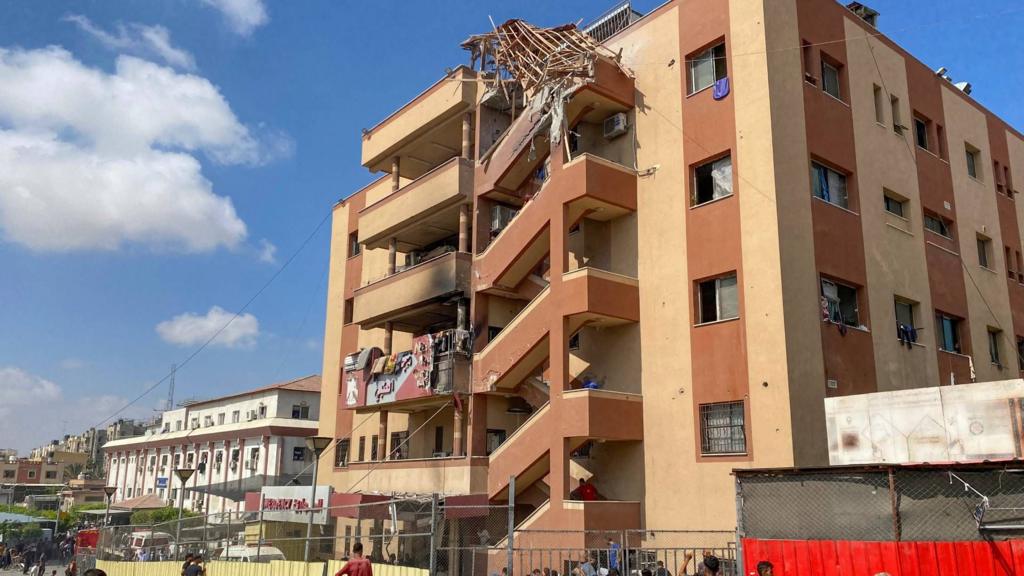Anas Al-Sharif: What you need to know about the Al-Jazeera journalist

Al-Jazeera’s Anas Al-Sharif on the ground in Gaza. Credit: Al Jazeera.
Anas Al-Sharif, one of Gaza’s most recognized and courageous Al-Jazeera journalists, was killed in a devastating Israeli airstrike on 10 August 2025. His death alongside four colleagues has shocked the global community, raising grave concerns about press freedom and targeted violence against journalists in conflict zones.
Who was Anas Al-Sharif?
Anas Jamal Mahmoud Al-Sharif, born on 3 December 1996 in the Jabalia refugee camp, was one of Gaza’s most prominent and fearless journalists. As a correspondent and videographer for Al-Jazeera Arabic, he became known for his relentless coverage of northern Gaza’s humanitarian crisis. Even under heavy bombardment, power cuts, and shortages of basic supplies, Al-Sharif continued to broadcast stories that showed the human face of the war. His work often highlighted the suffering of civilians trapped in the conflict, and he refused to leave the city despite mounting personal risks.
The Strike That Shocked the World
On 10 August 2025, his commitment to frontline reporting ended in tragedy. An Israeli airstrike struck a media tent outside Al-Shifa Hospital in Gaza City, killing Al-Sharif along with colleagues Mohammed Qreiqeh, Ibrahim Zaher, Mohammed Noufal, Moamen Aliwa, and freelance journalist Mohammad Al-Khaldi. Israel later claimed responsibility for the strike, alleging Al-Sharif was a Hamas commander involved in rocket attacks. Al-Jazeera, press freedom groups, and UN officials rejected these accusations as baseless, calling the attack a targeted killing aimed at silencing independent reporting.
The incident drew international condemnation. The Committee to Protect Journalists accused Israel of endangering media workers by labeling them as militants without presenting evidence. UN freedom of expression envoy Irene Khan echoed these concerns, stressing that the killing underscored the urgent need for accountability in war reporting. Al-Jazeera described the strike as a “premeditated assassination,” part of a wider campaign to intimidate journalists ahead of Israel’s planned occupation of Gaza.
READ ALSO
Anas al-Sharif, other Al Jazeera journalists killed as Israel attacks Gaza — here’s what to know
His Final Words and Lasting Legacy
Before his death, Al-Sharif had prepared a final message to be shared if he was killed. In it, he wrote:
“I have never hesitated to convey the truth as it is, without distortion or misrepresentation.”
Another farewell note began with the haunting words:
“If these words reach you, know that Israel has succeeded in killing me and silencing my voice.”
These statements have since circulated widely, seen as both a testament to his courage and a condemnation of the dangers journalists face in modern warfare.
Al-Sharif’s death also reflects a broader pattern. More than 186 journalists have been killed since the start of the Gaza war, making it one of the deadliest conflicts for media workers in recent decades. The risks are compounded by smear campaigns that seek to blur the line between reporters and combatants, effectively justifying lethal force. For many observers, this is not only a loss for Gaza or the press community, it is a blow to the world’s ability to witness and understand the realities of war.
His legacy now stands as a reminder of the cost of telling the truth in conflict zones. Anas Al-Sharif chose to stay, to report, and to document history as it happened, even when it meant putting his life in danger. His voice may have been silenced, but his work continues to speak for those who have none.




